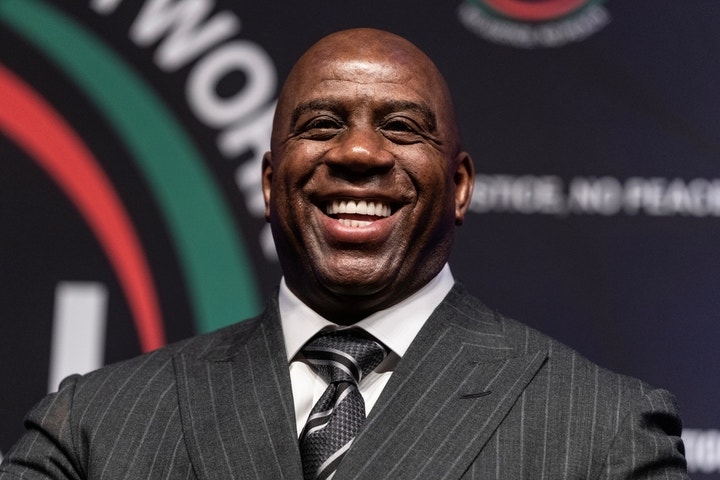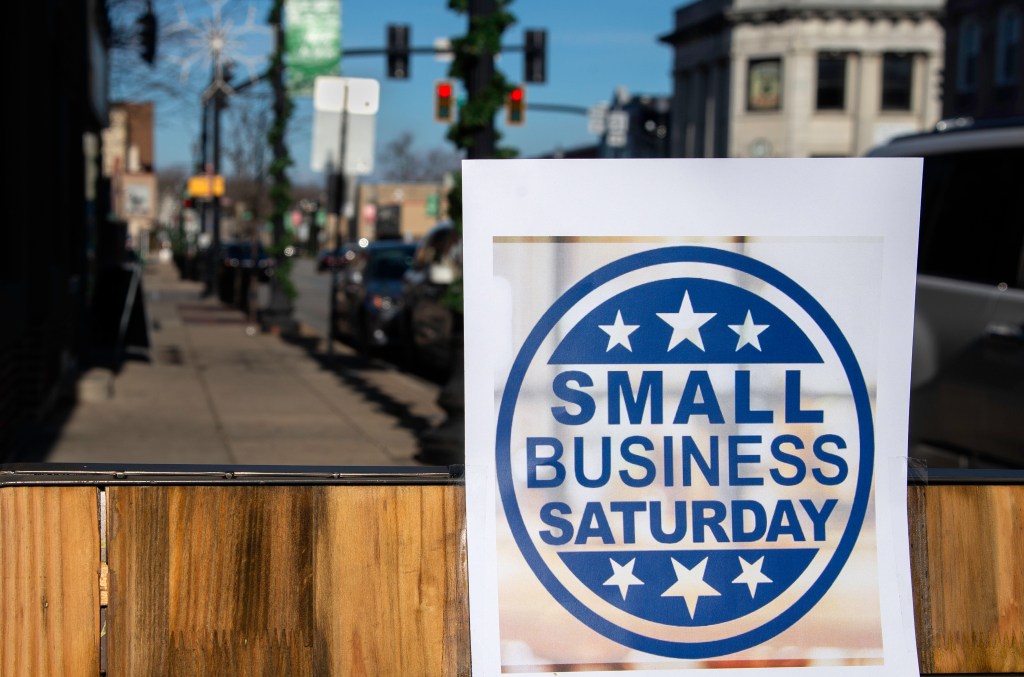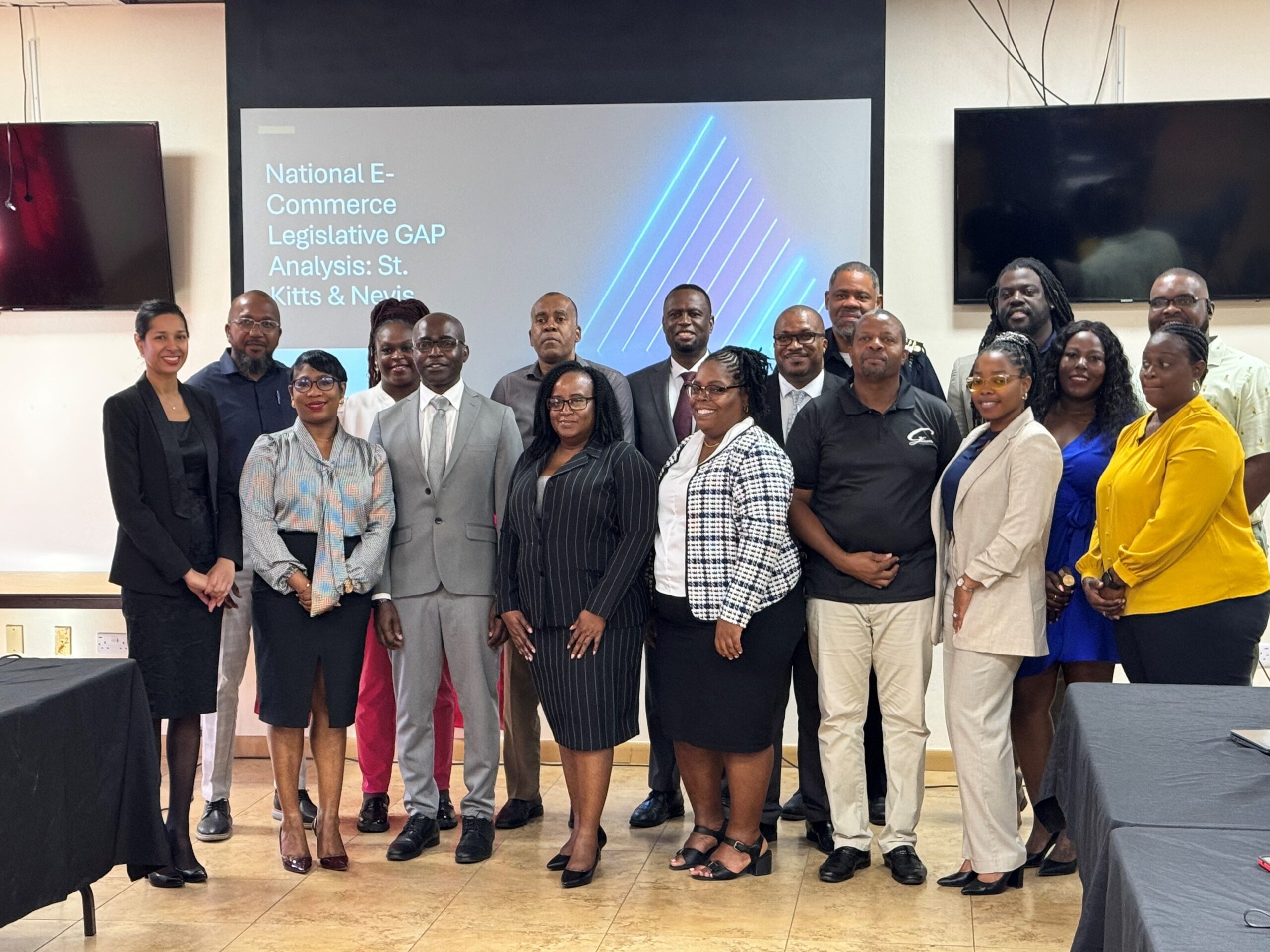Benzinga and Yahoo Finance LLC may earn commission or revenue on some items through the links below.
NBA legend Earvin “Magic” Johnson has become almost as famous for his business acumen as for his basketball ability, but he could have been billions of dollars richer if not for a questionable business decision he made before starting his pro ball career.
Johnson shared the story during an appearance on the “All the Smoke” podcast with Matt Barnes and Stephen Jackson. In 1979, the Los Angeles Lakers were soon to select him as the No. 1 pick in the NBA draft. Johnson looked destined for superstardom, and athletic shoe companies were lining up with sponsorship deals.
Don’t Miss:
“So, here I am, just winning the National Championship against Larry Bird,” Johnson said, referring to the 1979 NCAA tournament where he was a guard for Michigan State, “and three companies came in: Converse, Adidas, and Nike. Nike was just a year or two old. Converse offered me the most money.”
Converse offered Johnson a deal worth $100,000 per year, BI reports, which translates to just under $475,000 today, adjusted for inflation. Nike (NYSE: NKE) may be a $100 billion company now, but in 1979, it was just an upstart, and founder Phil Knight offered Johnson a different kind of deal.
Nike would have given Johnson 100,000 shares of its stock and a one-dollar royalty for every pair of shoes sold, according to BI. Johnson opted for the sure thing and signed with Converse instead.
Trending: If there was a new fund backed by Jeff Bezos offering a 7-9% target yield with monthly dividends would you invest in it?
When Nike went public in 1980, its shares were trading for a split-adjusted $0.18 each, but they’re now worth exponentially more.
“So I passed on the stocks,” Johnson told Barnes and Jackson. “Can you imagine? 45 years, $5 billion that stock would have been worth today.”
It’s not hard, though, to understand why Johnson felt that was the right thing to do. He was only 20 years old at the time and lacked the financial savvy of an experienced investor.
“My family didn’t come from money. That hurt us sometimes when you don’t come from money,” he said. “I didn’t even know what stocks was at that time.”
See Also: The ‘ChatGPT of Marketing’ Just Opened a $0.81/Share Round — 10,000+ Investors Are Already In
Thankfully, Johnson’s success as a real estate investor and businessman means he can look at missing the Nike deal as a learning experience. “When you don’t know something, that’s OK,” he told Barnes and Jackson. “It’s when you know, and then you make mistakes. But I’m also a guy who never looks back. I live in the moment.”









